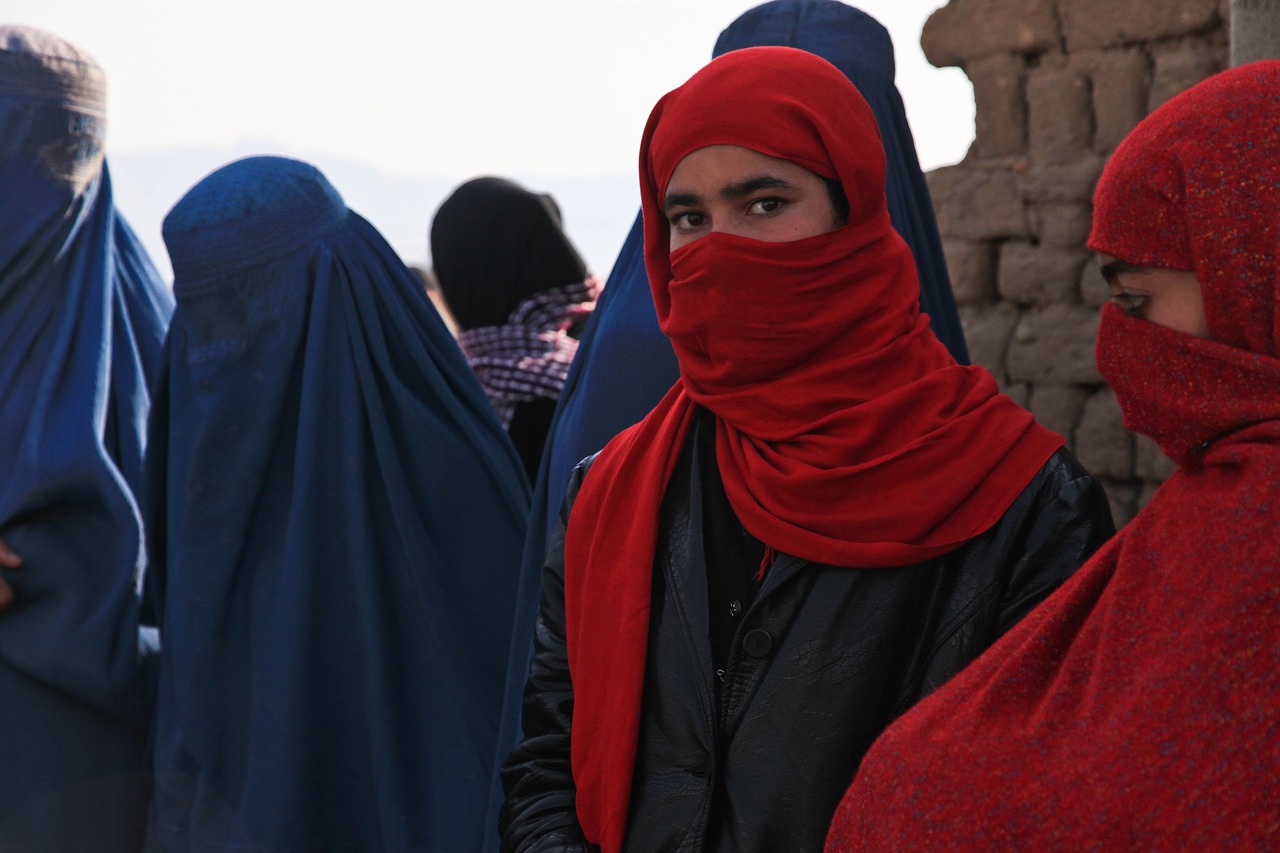
In the rapidly evolving landscape of the 21st century, empowering women has become not only a moral imperative but also an economic and social necessity.
From addressing global challenges such as poverty, climate change, and conflict, to promoting gender equality in the workplace and society, the advancement of women remains a vital objective.
At the heart of this effort lies the recognition that gender equality is not only a human right but also a key driver of sustainable development. By empowering women, we can unlock their immense potential as agents of change, innovation, and progress. From breaking barriers in traditionally male-dominated fields to lending their unique perspectives to decision-making processes, women are catalysts for positive transformation. However, achieving true gender equality requires a concerted and collective effort. It demands the dismantling of cultural and societal norms that perpetuate gender discrimination, the provision of equal opportunities for education and skill development, as well as the establishment of inclusive policies and practices.

In this article, we will explore the global challenges that hinder women's empowerment and delve into the strategies and initiatives necessary to promote gender equality in the 21st century. Join us as we uncover the empowering journey that lies ahead in creating a world where women are equal partners in shaping a better future for all.
Empowering Women in the 21st Century: Addressing Global Challenges and Promoting Gender Equality
Introduction
In the rapidly evolving landscape of the 21st century, empowering women has become not only a moral imperative but also an economic and social necessity. From addressing global challenges such as poverty, climate change, and conflict, to promoting gender equality in the workplace and society, the advancement of women remains a vital objective.
At the heart of this effort lies the recognition that gender equality is not only a human right but also a key driver of sustainable development.

By empowering women, we can unlock their immense potential as agents of change, innovation, and progress. From breaking barriers in traditionally male-dominated fields to lending their unique perspectives to decision-making processes, women are catalysts for positive transformation.
However, achieving true gender equality requires a concerted and collective effort. It demands the dismantling of cultural and societal norms that perpetuate gender discrimination, the provision of equal opportunities for education and skill development, as well as the establishment of inclusive policies and practices.
In this article, we will explore the global challenges that hinder women's empowerment and delve into the strategies and initiatives necessary to promote gender equality in the 21st century. Join us as we uncover the empowering journey that lies ahead in creating a world where women are equal partners in shaping a better future for all.
Global challenges faced by women in the 21st century
The 21st century presents a multitude of challenges that hinder women's empowerment.

One of the most pressing issues is poverty. Women, especially in developing countries, often face higher poverty rates due to limited access to resources, education, and economic opportunities. Addressing poverty is crucial for empowering women and breaking the cycle of gender inequality.
Another significant challenge is climate change. Women are disproportionately affected by the adverse impacts of climate change, including droughts, floods, and food insecurity. Empowering women to participate in climate change mitigation and adaptation efforts can lead to more resilient communities and sustainable development.
Conflict and violence are also major obstacles to women's empowerment. Women often bear the brunt of armed conflicts, experiencing sexual violence, displacement, and loss of livelihoods. Promoting peace and security, as well as ensuring justice and accountability for gender-based violence, are essential steps towards empowering women in conflict-affected regions.
The importance of empowering women
Empowering women is not just a matter of fairness; it is crucial for achieving sustainable development and creating a more prosperous and equitable world.

Studies have shown that when women are economically empowered, they invest more in their families' health, education, and well-being, leading to positive outcomes for future generations.
Moreover, women's participation in decision-making processes at all levels is vital for creating inclusive and responsive policies. Women bring unique perspectives, priorities, and solutions to the table, enriching the discourse and ensuring that diverse voices are heard. By empowering women as leaders and decision-makers, we can foster more inclusive and effective governance.
Furthermore, promoting gender equality in the workplace is not only the right thing to do but also makes good business sense. Companies that embrace diversity and gender equality tend to be more innovative, resilient, and competitive. By tapping into the full potential of their workforce, organizations can drive growth and create a better working environment for all employees.
Promoting gender equality: Key initiatives and movements
Addressing gender inequality requires a multi-faceted approach, involving governments, civil society, businesses, and individuals.

Numerous initiatives and movements have emerged to promote gender equality and empower women in the 21st century.
One such movement is the HeForShe campaign, initiated by UN Women. HeForShe encourages men and boys to take a stand for gender equality and become advocates for change. By engaging men as allies, the campaign aims to challenge harmful stereotypes and promote a more inclusive and equal society.
Another important initiative is the Global Partnership for Education (GPE), which focuses on providing quality education for girls and women. GPE works to remove barriers to education, such as poverty, discrimination, and gender-based violence. By investing in girls' education, GPE aims to empower them with knowledge, skills, and opportunities for a brighter future.
Additionally, organizations like the Global Fund for Women and Women's World Banking are dedicated to supporting women's rights, economic empowerment, and financial inclusion.

Through their funding, advocacy, and capacity-building efforts, these organizations are making significant strides in promoting gender equality and empowering women across the globe.
Women's empowerment in education and employment
Education plays a pivotal role in empowering women and breaking the cycle of gender inequality. Providing equal access to quality education for girls and women is essential for their personal development, economic empowerment, and participation in decision-making processes. By investing in girls' education, we can create a ripple effect that positively impacts families, communities, and societies at large.
Furthermore, promoting women's participation in the workforce and ensuring equal opportunities for employment is crucial for achieving gender equality. Breaking down barriers and biases that hinder women's career advancement, promoting work-life balance, and closing the gender pay gap are essential steps towards creating a more inclusive and equitable work environment.
Women's health and well-being
Ensuring women's health and well-being is integral to their overall empowerment.

Access to quality healthcare, including sexual and reproductive health services, is a fundamental right that should be guaranteed to all women. By providing comprehensive healthcare, we can empower women to make informed decisions about their bodies, achieve their reproductive rights, and lead healthy and fulfilling lives.
Additionally, addressing gender-based violence and promoting women's safety is essential for their empowerment. Creating safe spaces, strengthening laws and institutions, and providing support services for survivors of violence are crucial steps towards eliminating gender-based violence and creating a world where women can thrive without fear.
Conclusion
Empowering women in the 21st century is not just a lofty ideal; it is a necessary and urgent endeavor. By addressing global challenges, promoting gender equality, and providing equal opportunities for education and employment, we can unlock the immense potential of women as agents of change and progress.
Achieving true gender equality requires a collective effort. It demands the dismantling of cultural and societal norms that perpetuate gender discrimination, the provision of equal opportunities for education and skill development, as well as the establishment of inclusive policies and practices.
Let us embark on this empowering journey towards a world where women are equal partners in shaping a better future for all. Together, we can create a more prosperous, equitable, and inclusive world that harnesses the power of women's potential for the benefit of humanity as a whole.
 Add Row
Add Row  Add
Add 



Write A Comment